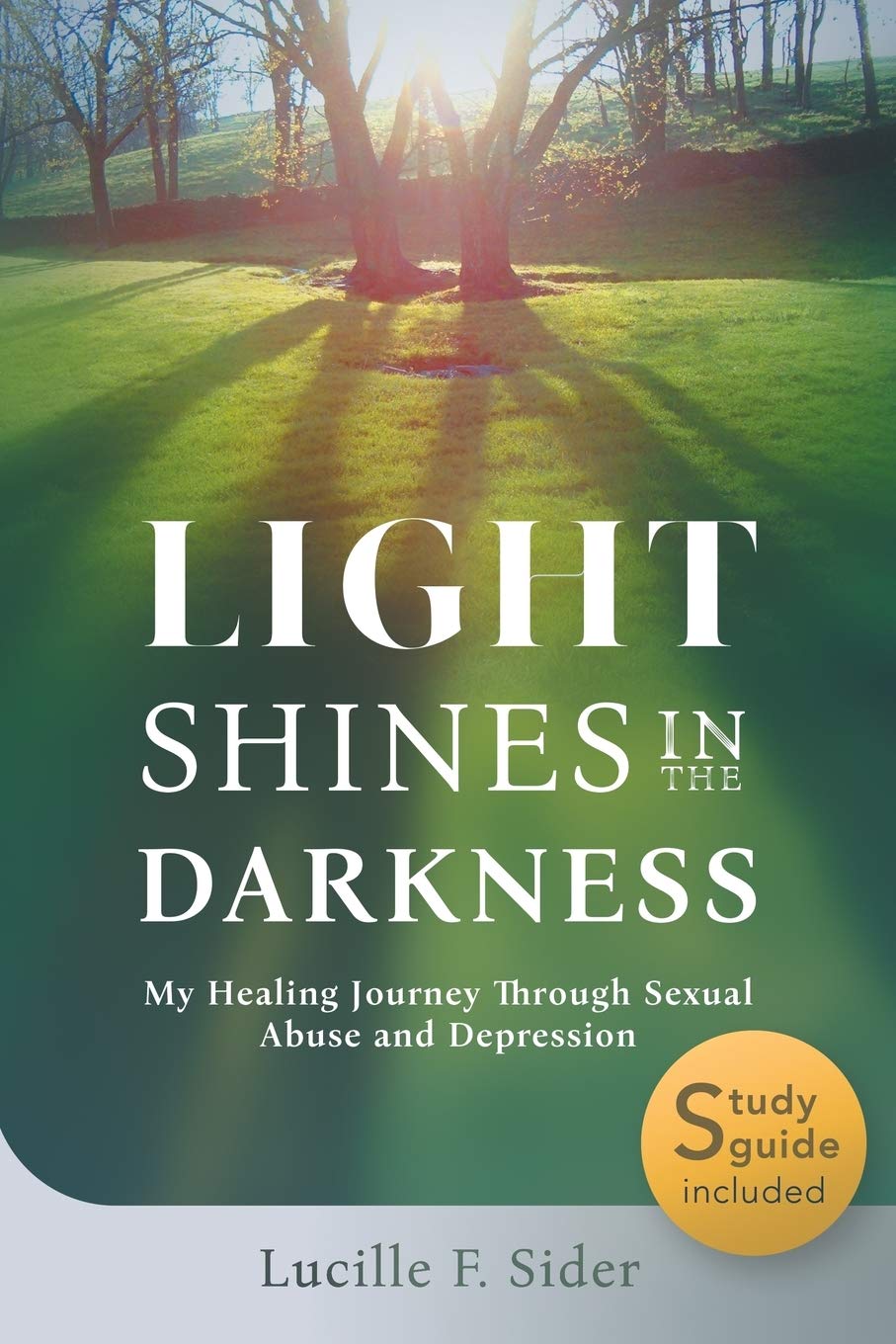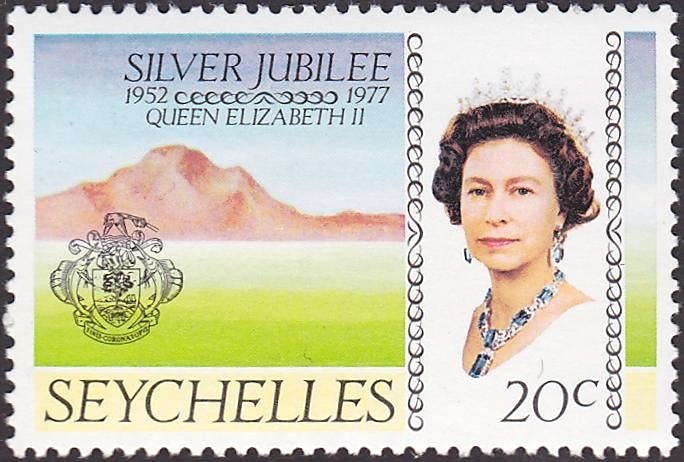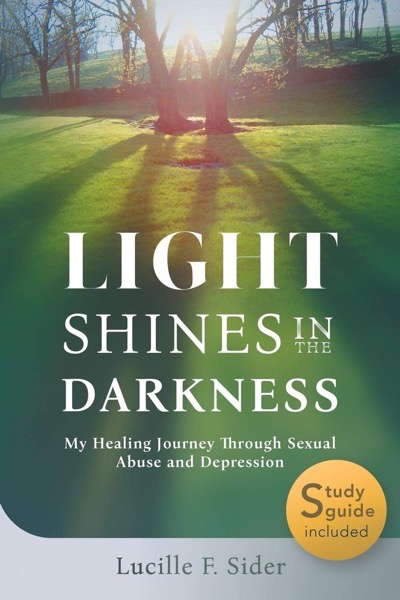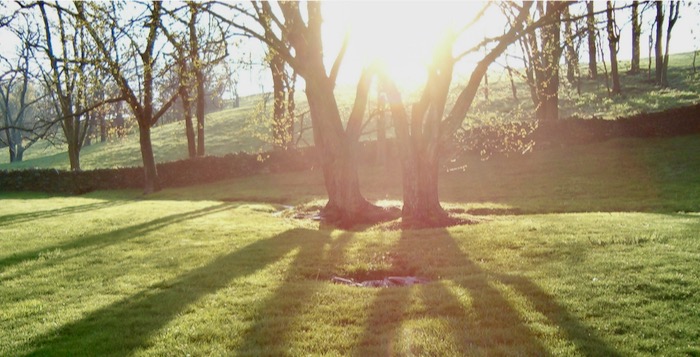
Ronald J. Sider, courtesy of Eastern University. This photograph also was used at the top of the lengthy obituary of Ron published in The New York Times after his death on July 27, 2022.
.
EDITOR’S NOTE: When Ronald Sider died this summer, remembrances flowed around the world in tribute to his half a century of progressive Christian activism. Care to read more about those milestones in his career? Check out Ron’s Wikipedia page. In the following column, Ron’s sister Lucille writes about the far more personal side of the brother she loved so dearly. Her remembrance takes the form of a letter she wrote to—Dear Ron.
.
‘Dear Ron—’ A Sister’s Remembrance
.
By LUCILLE SIDER
Author of Light Shines in the Darkness
Dear Ron,
I want you to know some of the many ways in which you have influenced me. My earliest memory of you stretches back to your practicing baseball at home. You were about 14. You were a pitcher—the kind of picture that swings your arm in a full circle. You were fast—very fast. You needed a catcher and asked me. I was 6 at the time.
I was determined to catch those fast balls and I did. The glove I used was way too big for my hands but that didn’t stop me from using it.
I clearly remember your second year in college, Waterloo Lutheran University which was close to home. Near the end of that year you lost your faith, having been influenced by a professor who was an atheist.
Our parents were beside themselves and started to pray. They prayed that a Christian professor would come to the college. Their prayers were answered and that next year Dr. John Warwick MontGomery came. Through your experiences with him, your faith was restored.
When it was time for me to go to college, I assumed I would go to Waterloo Lutheran like you. But Mother and Dad were dead set against it for fear I would lose my faith. They insisted I go to our church college, Messiah College, in Pennsylvania. They helped pay for my tuition—even though their finances were modest. But they would do anything to help me maintain my faith.
Their prayers were answered.
In college I had a double major—psychology and religion. In high school, I had discovered psychology and especially dream interpretation. I wanted to learn more about dreams but my college was focused on teaching about becoming a social worker. So for several years I turned to my other interest: religion.
You and your wife Arbutus were at Yale University when I graduated from college. You had just graduated from Yale Divinity School and you were working on your doctorate. I was delighted that you were there! You finished your doctorate that year, but you told me about a friend of yours who had just spent a year in Israel. His name was Don and we started dating immediately. At the end of that year we married in the Divinity School Chapel where friends and families assembled to celebrate.
You and Arbutus supported me in my interest in Christian Feminism. I was a founder of the Evangelical Women’s Caucus (EWC), which was really an offshoot of Evangelicals for Social Action—of which you were the founder. Recently EWC expanded and is now EEWC—Evangelical and Ecumenical Women’s Caucus.
You and Arbutus also supported me in my work for Daughters of Sarah, a Christian feminist magazine, for which I was a founder and editor.
When I was 50, my second husband Denny suddenly divorced me to marry a student. I was absolutely devastated and I had to resign my position as Director of the Samaritan Center in Evanston, IL. After a year of turmoil you invited me to come and live with you in Philadelphia. The plan was to stay with you while waiting to become a member of Gould Farm in Massachusetts. Gould Farm masterfully combined physical labor with psychology and spiritually and it was clearly what I needed for two and one-half years. The trip to Gould Farm from your home in Philadelphia was about three hours. You and Arbutus visited me often and, when it was time for me to leave Gould Farm, you drove me to Binghamton, New York, to live near my cousin, Twila.
During my time at Gould Farm, I revealed to you and Arbutus the secret I was holding for years: sexual abuse when I was a child. It became clear to all of us that this sexual abuse was a big part of my mental illness.
You and Arbutus strongly encouraged me to report the abuse and confront the abuser, a brother in law. I was not strong enough to do this at that time but by your knowing the secret, the burden was somewhat lightened. Then when I later reported it, you both upheld me. You assured me that it was the right thing to do.
Ten years later I was encouraged by my writing teacher, Dr. Arlene, Malinowski to write my life story, which included the sexual abuse. You and Arbutus were the first family members to read the manuscript. You absolutely agreed that my story should be published and you and Arbutus wrote the Preface of the book. My book title was: Light Shines in the Darkness: My Healing Journey Through Sexual Abuse and Depression.
By this time, you had become a very, very well-known Christian activist. I knew that you were prolific in your writing but just recently I asked how many books you had written. I expected it would be 10 or so but was dumfounded when you told me it was 45!
And then, Ron dear, you were felled by complications from colon cancer.
In our final meetings, I tried to tell you how much you mean to me—and now, I have asked my editor David Crumm to publish this letter in ReadTheSpirit so my appreciation is as public as our various books about our lives.
I will always love you dearly from the bottom of my heart.
I am so blessed to have you as my brother.
Much love,
Lucille
.
..
Care to Read More?
Lucille Sider inspires readers nationwide with Light Shines in the Darkness, her memoir about spiritual resilience in the aftermath of life-shattering trauma. She also is publishing a series of columns about the many ways men and women find themselves confronting trauma every day.
Here are some of her earlier columns:
- Her first story was The Perfect House.
- Then, All Manner of Things Shall Be Well.
- Taking on cancer ‘this step, each step’
- Knitting Our Lives Together
- Finding Resilience in the Midst of Winter Blues
- Do you have an animal friend in your life? They can help you make even more friends!
- Lucille Sider Shares a Creative Coleus Christmas wit her Community
- When disaster strikes, our resilience is rebuilt with helping hands
- ‘Act your age!’ may lead to healthy surprises





